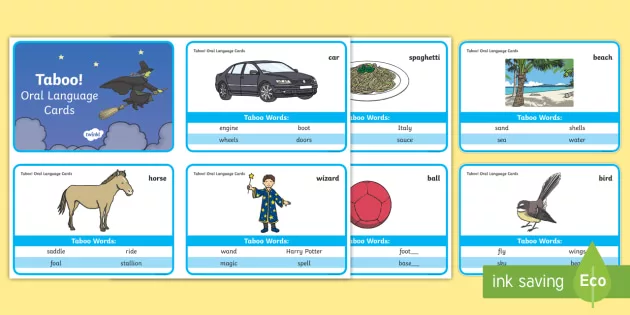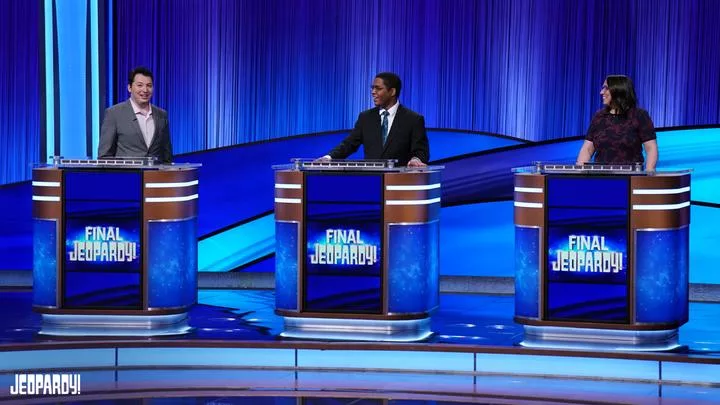Enhance academic studies with “Educational Games for Classrooms” – fostering engagement, sparking creativity, and making learning fun!
Academic studies readily align with textbook assignments and rote teaching methods. However, it’s crucial to use interactive activities to engage students in learning. Your lesson plan may be made more motivating by including enjoyable classroom activities that inspire students to use their imagination and ingenuity. With the help of these fantastic classroom activities, you can easily and amusingly involve your pupils in academic learning.
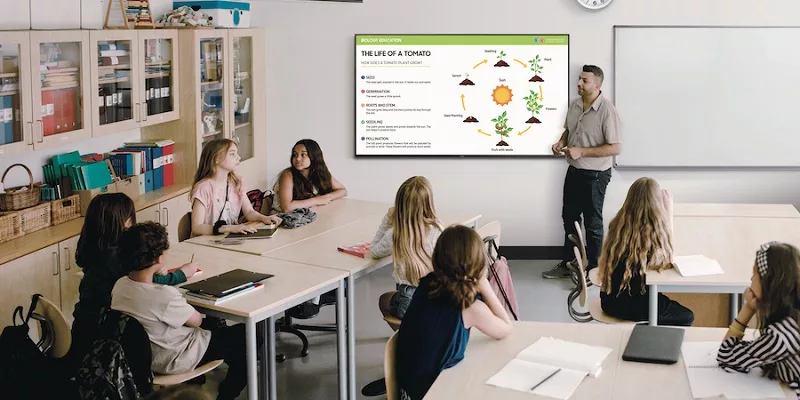
1. Charades
This straightforward yet age-old game is a fantastic way to get your students up from their seats and involved in the lecture. Game: Choose a student to act out a word from your list while standing at the front of the room (no speaking is permitted). After then, the remainder of the class has to determine what the student is aiming to represent. Depending on your teaching style, other students can yell out their predictions or raise their hands!
The following word can be acted out by the accurate guesser. In a more difficult variation, the student must describe a term related to the subject while abstaining from a list of words, for example, describing “habitat” without using “home” or “animals.”
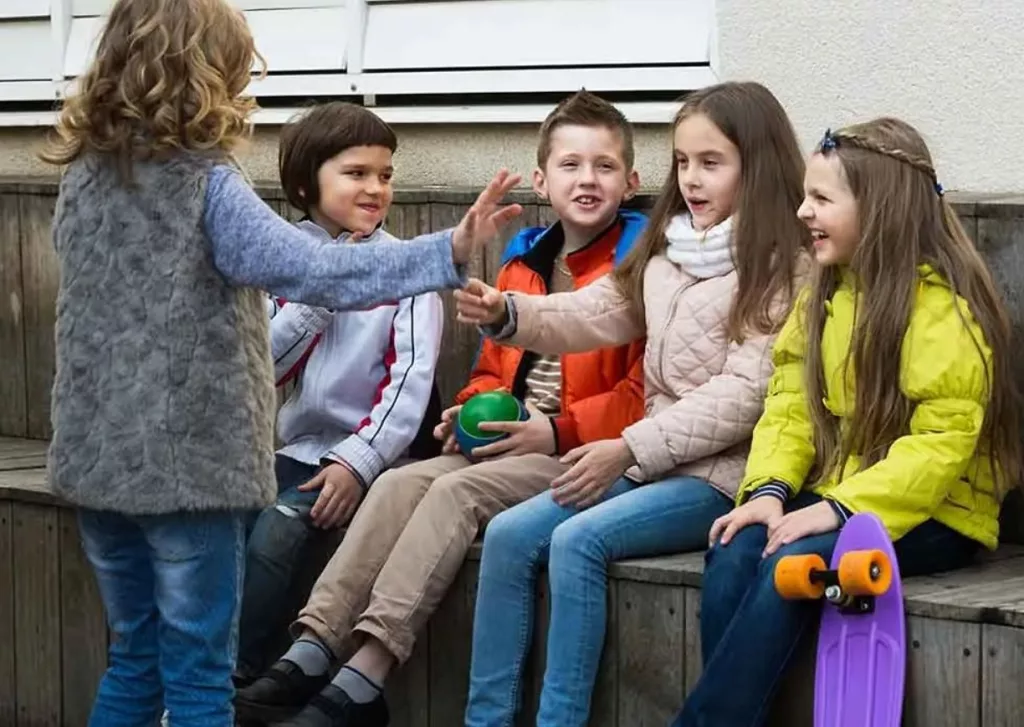
2. Bingo
A short and easy game that consistently inspires children to study. Whiteboards, pens, paper, pencils, and a list of subject-specific terminology or ideas, such as numbers, phonics, important vocabulary, scientific formulas, or historical figures, are all that is required. Game: Students should first design a 6 x 6 grid on their whiteboards or pieces of paper before choosing 6 words or images to draw or write in their grid from the above list.
The next step is to choose a word at random from the list to describe, and students must guess the word to mark it off on their grid (if applicable). Continue explaining various terms until one kid finishes their grid and exclaims, “Bingo!” The bingo grid allows students to add their own subject-related responses, but because of the vast word choice and ambiguity, this makes it harder for you. Additionally, if you have more time, you may make your own reusable bingo boards using the language or ideas you are learning in that class.
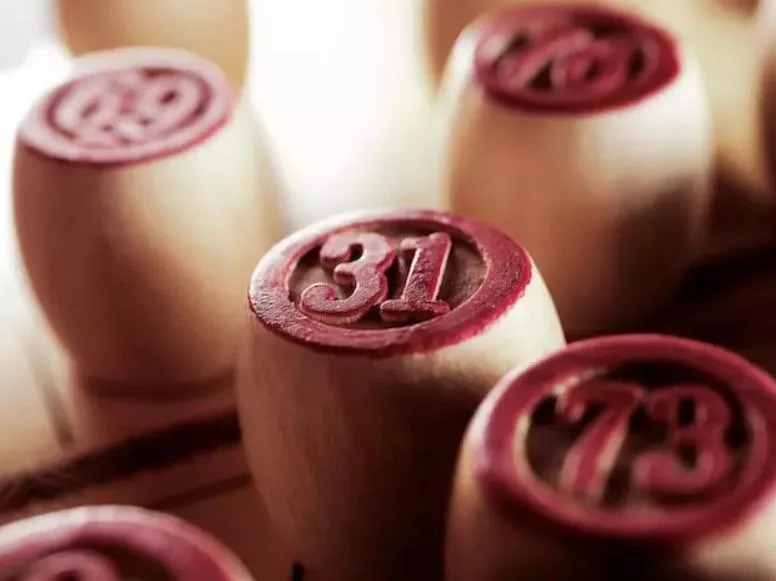
3. Hangman
An engaging game that is both conventional and interactive helps pupils with their spelling and topic knowledge. Choose a student from each team to stand in front of the class and think of a term that relates to the lesson (or you may provide them with an appropriate word). Then divide the class into two teams.
The next step is for the student to represent each letter in their word by drawing space on the whiteboard. Following that, the other students in the class guess the word, one letter at a time (allow one student from each side to guess alternately). If the guess is incorrect, a hangman is drawn. Unless the hangman is solved, the winning team is the first to correctly guess the word. The exercise is then repeated with a different student coming up with a pertinent term.
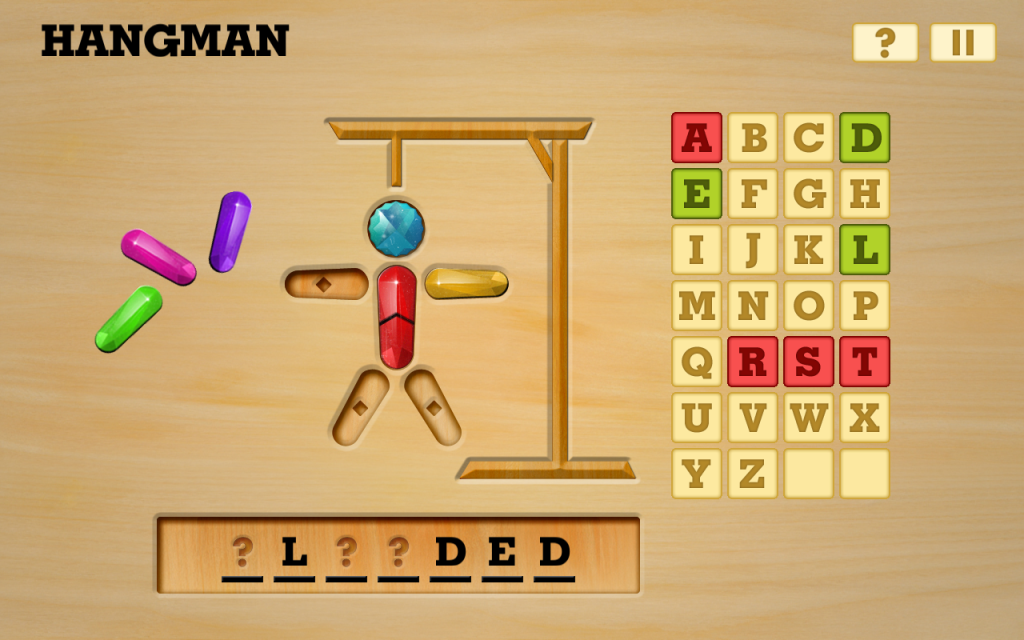
4. Pictionary
An old favourite that is also a fantastic method for pupils to put their information into practice through an enjoyable team activity. Students collaborate in small teams. One student from each group is chosen to begin, and they have a set amount of time (30 seconds to 2 minutes) to sketch the topic-related notion you provide. Next, the group as a whole must attempt to guess what he or she is sketching.
The winning team is the first to properly guess the term. Up until there are no more words on your list or until every kid has gotten a chance, the game is repeated. For their classmates to guess, students might use playdough to depict topics.
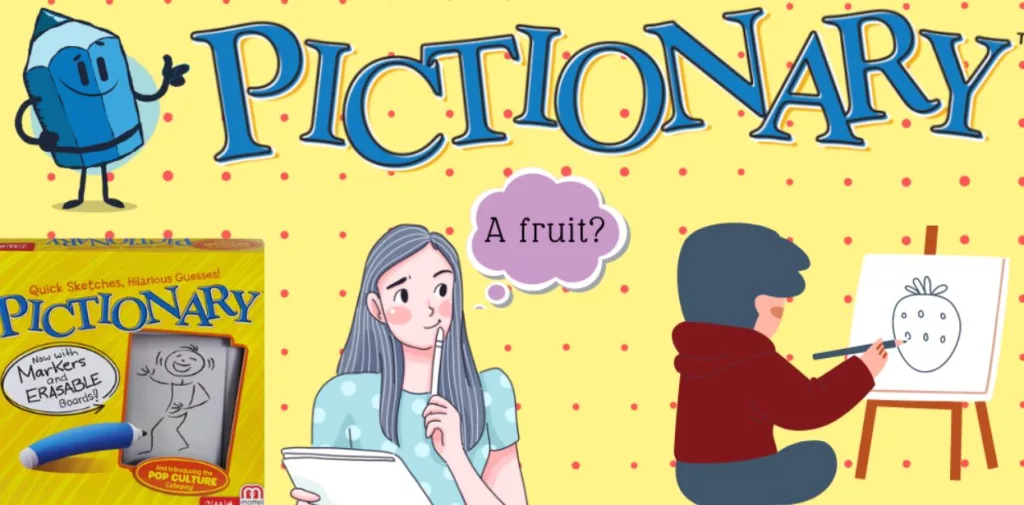
5. Taboo
This is a fantastic method to get children to communicate as they practice the terminology from your course. One student must explain an idea or phrase to their partner in Taboo without mentioning any of a predetermined list of associated terms. For instance, they cannot use the terms “tree,” “woods,” “Sherwood,” or “Black,” instead they must force their companion to say “forest.” The pupils exchange roles as soon as their partner says the word.
6. Quizalize
You may use this enjoyable and interesting quiz game as a motivating team exercise in the classroom to assess the knowledge of your pupils on any topic. You may assign a quiz you’ve made or discovered on Quizalize to your students, and they can access it on any device without having to download any special apps.
The quiz may be taken by students by going to zzi.sh, entering their class code (which is displayed on the ‘Launch Game View’ page), and then their name. Students may monitor their scores while playing because results are shown in real time.

7. Puzzles
Students are encouraged to collaborate and abstractly visualize academic subjects by playing this fun group activity.
Resources include printed or adhered pictures, phrases, computations, or ideas that are then cut into arbitrary shapes (puzzle pieces). Examples include arithmetic calculations, chemical equations, topic language, historical characters, etc. Give each group a puzzle to put together after dividing your class into groups (or just using table groupings). Students can design puzzles for their friends to solve on the computer or sketch on cards or paper.
8. Jeopardy
If you’ve ever seen the game show “Jeopardy!” in the quiz format, you’re probably already familiar with this idea. Your pupils will like this point-based question-and-answer game. Children learn through this game how to cooperate to accomplish a task. You’ll need a computer and a projector in order to play. Students may watch the game on the screen while remaining seated. Look for templates online to make planning easier. Every question has a point value ranging from 100 to 500, with the hardest questions having the highest point values.
Create teams in your classroom; three is optimal, but you may change it based on the number of students. Project the Jeopardy board onto the screen. Select a beginning team, then let them choose a subject and level of difficulty for the questions. To read the related question out loud, click it. Give the class 30 seconds to respond to the question. Take the points away from their score if they don’t know the answer or get it wrong. Next, hand the question off to the following team. Add the points to their score if they answer correctly. The winning team is the one with the highest final score.
9. Dictionary
A vocabulary-based game requiring some imagination is called Dictionary. Your pupils only need a dictionary and a piece of paper to play. This game is perfect for energetic warmups because it can be finished in 15 to 20 minutes. Invite each group to present their message once the others have done. The group giving the presentation should offer all three definitions and ask the audience to attempt to identify the correct term.
The team that can deceive the other team into giving incorrect definitions wins. Invite each group to present their message once the others have done. The group giving the presentation should offer all three definitions and ask the audience to attempt to identify the correct term. The team that can deceive the other team into giving incorrect definitions wins. When teaching new vocabulary or revisiting terminology from a previous lesson, playing Dictionary is fantastic.

10. Thumb Ball
A fun cooperative game called Thumb Ball may be played in as little as 15 minutes. A beach ball that is inflatable and a marker are all you need. Clear a space in your classroom so that all of your kids may sit in a circle. Then, before class begins, write a number of questions on each of your beach ball’s colourful sections. When the time comes to play, arrange the pupils in a circle.
A pupil should receive the ball first. Tell them to respond to the question in the portion their right thumb is now resting on when they catch it. Ask the kid to pass the ball to someone else if they drop it. Play on until everyone has had a chance to respond to a question.
We hope you found this article on “Educational Games for Classrooms” helpful and insightful. Incorporating these engaging activities can truly transform the way students learn and make education a more enjoyable journey. Here’s to a brighter future in the classroom! 📚🎮

